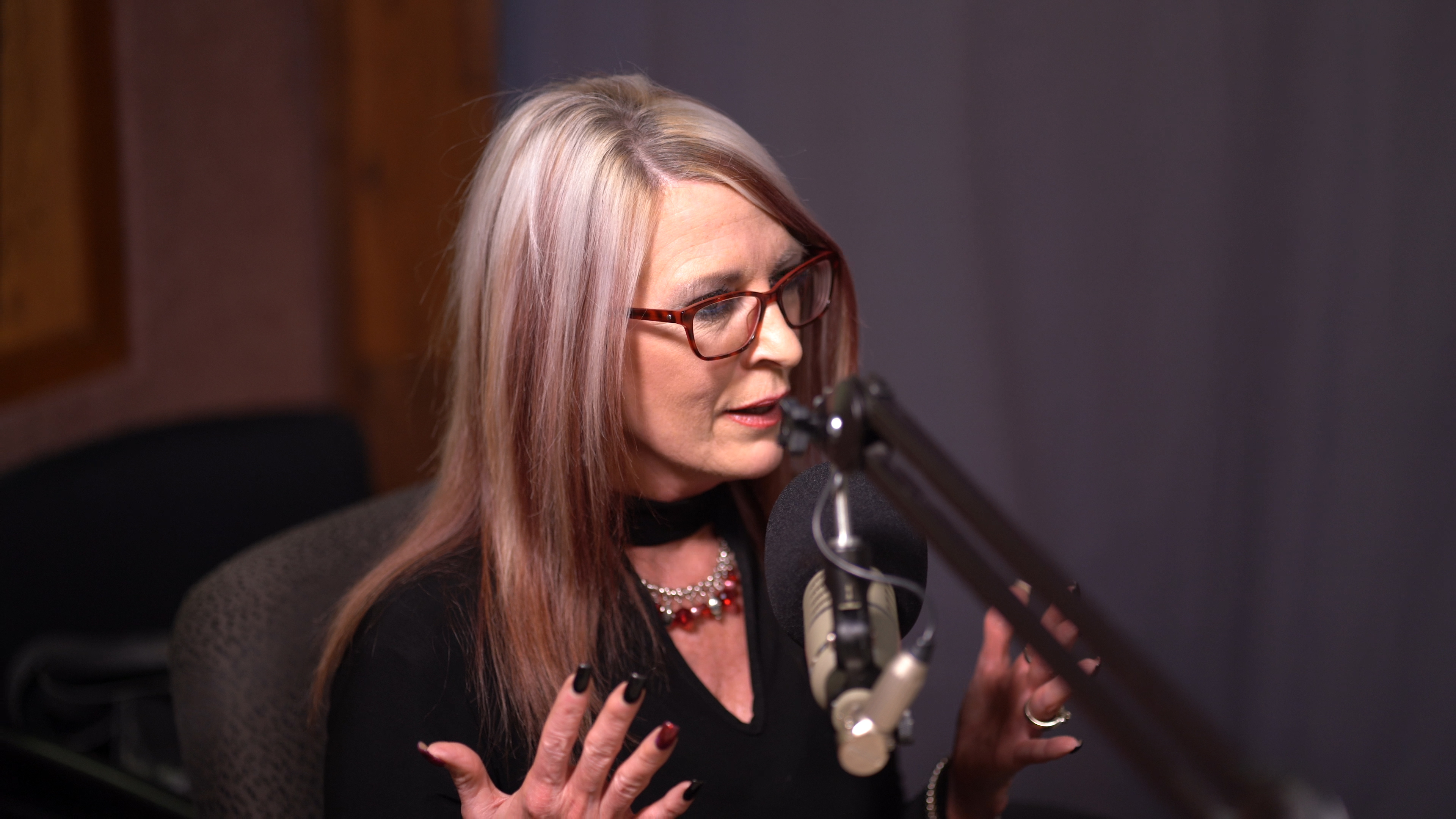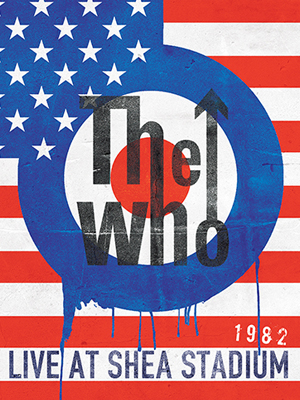Utah woman describes how years of abuse led to an alcohol addiction
By jtilton on April 9, 2020

Lorie Warburton can trace her years of alcohol abuse to the age of five-years-old — the same age when her father began to abuse her.
She recently joined the ‘Project Recovery’ podcast to tell her story of how decades of abuse led to her struggling with alcohol abuse.
Abuse at a young age
Lorie and her family were living in Huntington Beach and on the outside, everything seemed to be “very normal”. Her father worked at a national clothing retailer and her mother stayed home to take care of Lorie’s siblings.
“Everything seemed on the up-and-up but unfortunately, unfortunate instances were happening behind the closed doors,” Lorie recalled.
What no one was able to witness was the amount of abuse that Lorie was experiencing as a child. Lorie remembers growing up in a household of abuse that all stemmed from her father.
“You’re a normal five-year-old little girl but daddy comes in the door and you never know what’s going to happen. The first time it took place, he told me that I wasn’t to tell anyone. That very bad things were going to happen and that my mother would not only be very sad, but she would be mad at me,” Lorie described. “So, I was never to tell.”
Abuse leading to asthma attacks
As a child, Lorie never told anyone about the pain and abuse she was going through. She buried all of the pain deep inside. Unfortunately, all of that stress was about to expose itself in a very cruel way.
“Once my dad would leave my room and I would try to go to sleep, what would happen is, within a two-hour time frame, I would have an asthma attack,” she described.
Her stress-induced asthma attacks led to countless trips to the hospital. Doctors began testing for the culprit but initially couldn’t quite pinpoint the cause of the attacks. Deep down, Lorie knew that the cause was the mounting abuse in her life.
By the time Lorie was ten-years-old, her family began the process of moving to Utah for work. At the same time, Lorie’s father began to have an affair with another woman. Luckily for Lorie, that’s when the abuse began to stop.
The abuse might have stopped for Lorie but not for her mother. Lorie began to know nothing else than pain and abuse.
By the time Lorie was seventeen, she couldn’t handle the pain anymore. So Lorie and her boyfriend at the time decided to run away.
“I married my first husband when I was seventeen-years-old,” Lorie described. “We just ran away and decided to [get married].”
Growing up in a household of abuse, all Lorie could think about was getting away and living her life. She had done everything she could to outrun the trauma and pain of her childhood. Unfortunately for Lorie, the abuse had followed her.
Unable to run away from abuse
Lorie was doing her best to acclimate to her new life. As a seventeen-year-old newlywed, she was unfamiliar with a lot of the aspects of adult life, such as cooking. She hadn’t ever had to make meals for herself before. And now here she was, trying her best to come to grips of her new responsibilities.
One night, she began to try and make macaroni and cheese for the first time while her husband was at work. She had spent hours perfecting their dinner and was counting down the seconds until he would come home and see her progress.
“When he got home, I was so excited that I at least made something. I went to take that out with a hot pad and the hot pad had a little hole in it and the dish dropped and shattered into a million pieces,” she explained. “That’s when I got my first ‘shove into the wall’ … that’s when my first beating happened when I was seventeen-years-old.”
Lorie’s relationship, unfortunately, began to get even worse as the years went by.
Facing her fears
By the time Lorie was nineteen-years-old, all of the physical and mental abuse had become the new normal. She had become numb to holes being punched in the wall, telephone cables ripped from the phone, and being locked out of rooms. She also couldn’t comprehend that what she was living, wasn’t love.
“I never let it overpower me at those times. A lot of the time I was afraid because I didn’t know what was going to happen,” Lorie said.
So she continued to stay in the relationship and even gave birth to two boys. And yet, the abuse didn’t stop.
After three years of abuse from someone that was supposed to bring her joy and happiness, Lorie had finally decided that it was time to leave. So one night when her husband had passed out on the couch, she packed a small bag and began to pack up the kids. She was finally going to leave all of the abuse behind.
“As I was getting my personal belongings, the door shut and he heard me,” Lorie described. “He woke up and ran outside and he started kicking the car in as I’m trying to fasten things down and everybody in and drove away.”
She drove to her mother’s home where they were safe. Lorie eventually filed for a divorce with her husband. She was finally able to rid her life of abuse and torture. It was time to move on with her life and to finally be happy.
A loss in the family
For years, Lorie would continue her life with her two boys. She began to sing professionally and life had begun to look like she always thought it could — until her mother passed away due to stage four brain cancer.
“After she died, that’s when my alcohol got out of control,” Lorie explained. “After she was gone, I basically lost my sense of everything.”
Lorie began to lock herself in her apartment and shut everyone out. She also started to consume alcohol at an unhealthy rate. Lorie would buy the biggest bottle of vodka she could and started to abuse the same substance that had led to so many years of tragedy. That’s when Lorie’s depression and “downhill spiral” began to take effect.
Lorie’s alcohol abuse takes over
She began to drink herself into convulsions and her seclusion got even worse.
“Sometimes I’d call the ambulance on myself because I didn’t want anybody to know what I was going through. I would go into these convulsions and things and it was really, really scary,” Lorie described.
Constant drinking had begun to take its place and she couldn’t cope with the decisions that she had made in her life. She was no longer eating and couldn’t keep any food down due to her alcohol abuse. She also began to try and drink herself to death every night.
When she went to the hospital the last time for her addiction, she wasn’t able to completely comprehend the darkness surrounding her abuse. The doctor tried to explain to her how all of Lorie’s organs and her body had begun swollen up and if she didn’t stop, she would die from alcohol poisoning.
“After I went home, of course, I drank and that’s what I continued to do,” she described.
Beating her addiction
“I was giving up. I walked into the bathroom and I caught a glimpse in myself,” Lorie described. “I looked at myself in the mirror and all there was, was darkness. I didn’t recognize myself at all.”
That’s when Lorie reached for the phone and reached out for help. She immediately called one of her sons and asked for help. Lorie checked herself into a rehabilitation program and began the process of detoxing from her alcohol abuse.
“I had to take accountability for myself in all of this if I really wanted to make a change,” Lorie said.
With the help of her son, Lorie has been sober for almost four years after struggling to overcome her alcohol abuse. She is doing all that she can to keep her sobriety throughout the struggles that can come with life. She also recommends that if you are experiencing any signs of abuse, speak out immediately.
“You should tell as soon as you know. Don’t wait because every single step of the way after that, affected my life and my life choices that I feel could have been avoided if I was brave enough to tell,” she said.
Listen to the podcast
For more information on addiction or if you or someone you know is struggling, you can find more information on Facebook, KSL TV, or from Use Only as Directed. To hear more from Casey Scott and Dr. Matt Woolley, you can listen below or subscribe to the ‘Project Recovery’ podcast on Apple Podcasts or wherever you get major podcasts.








